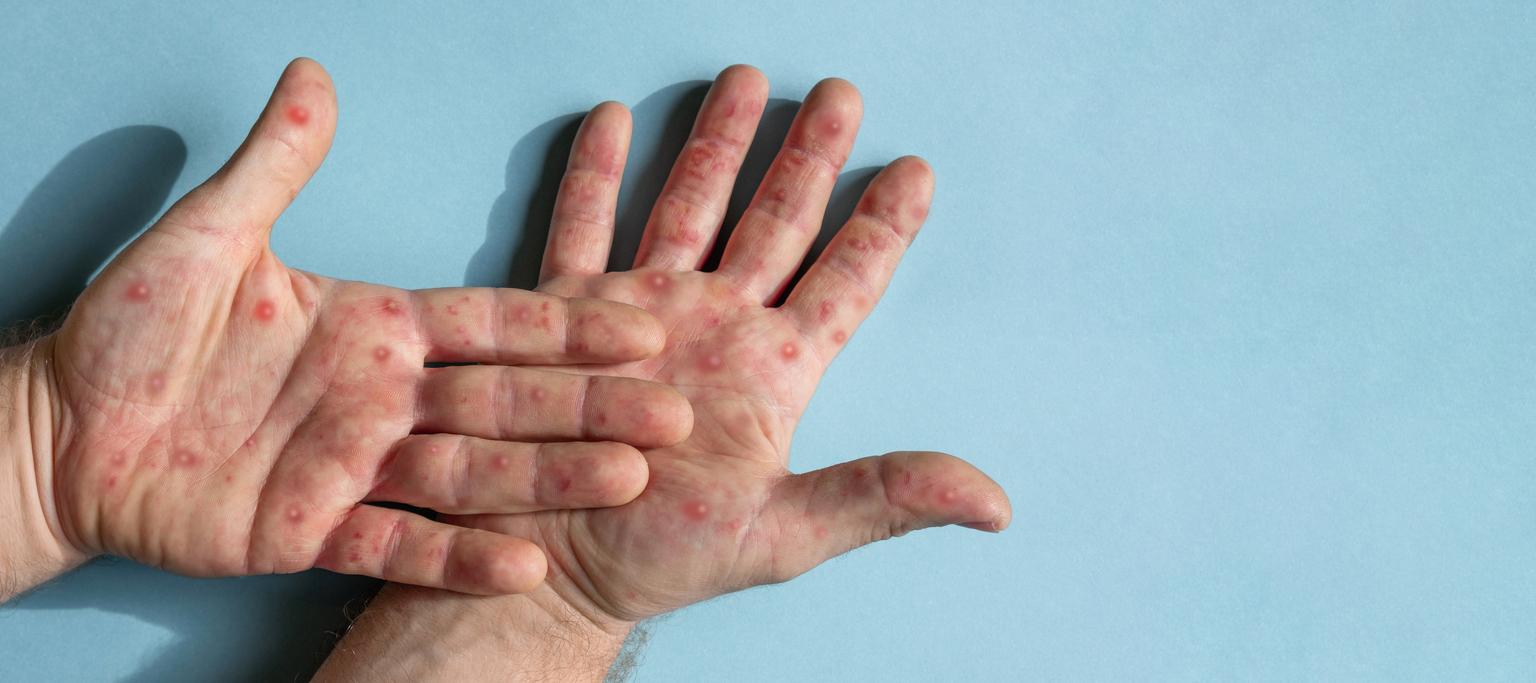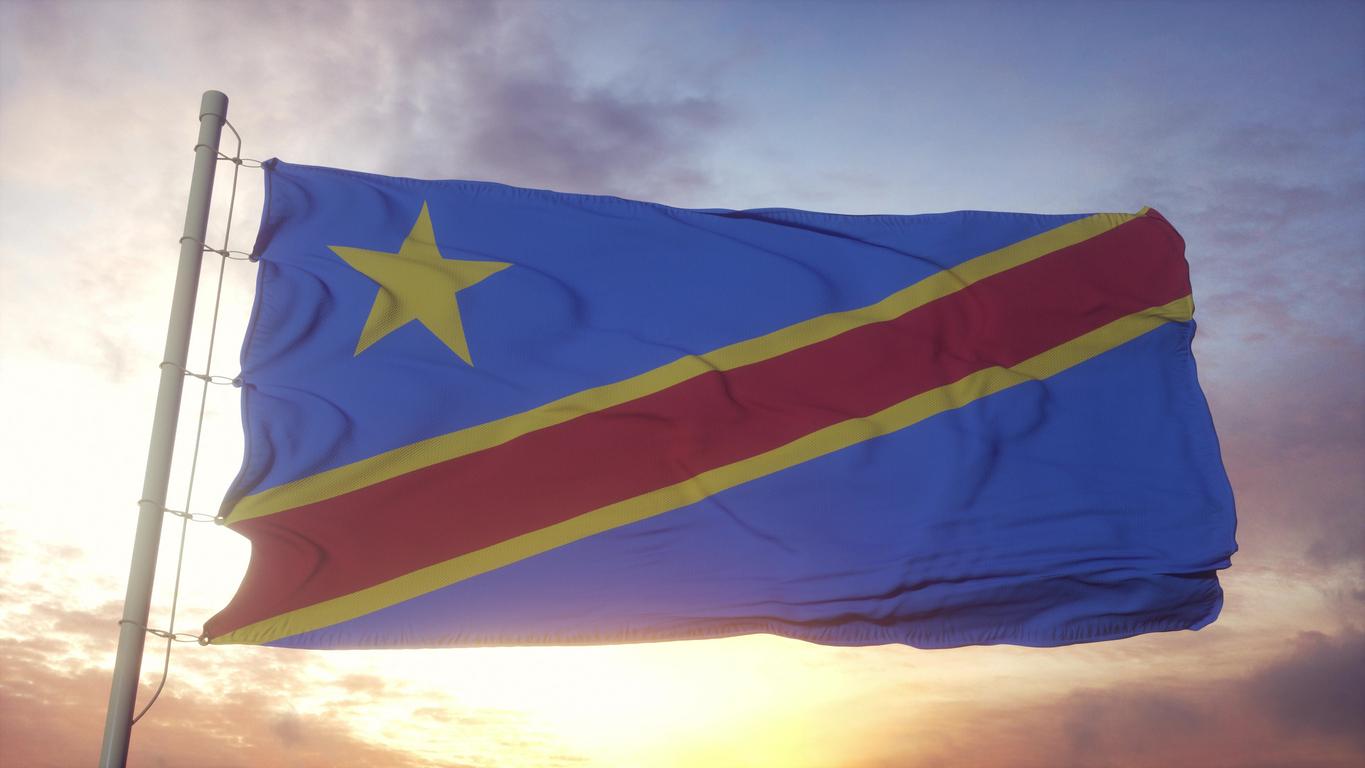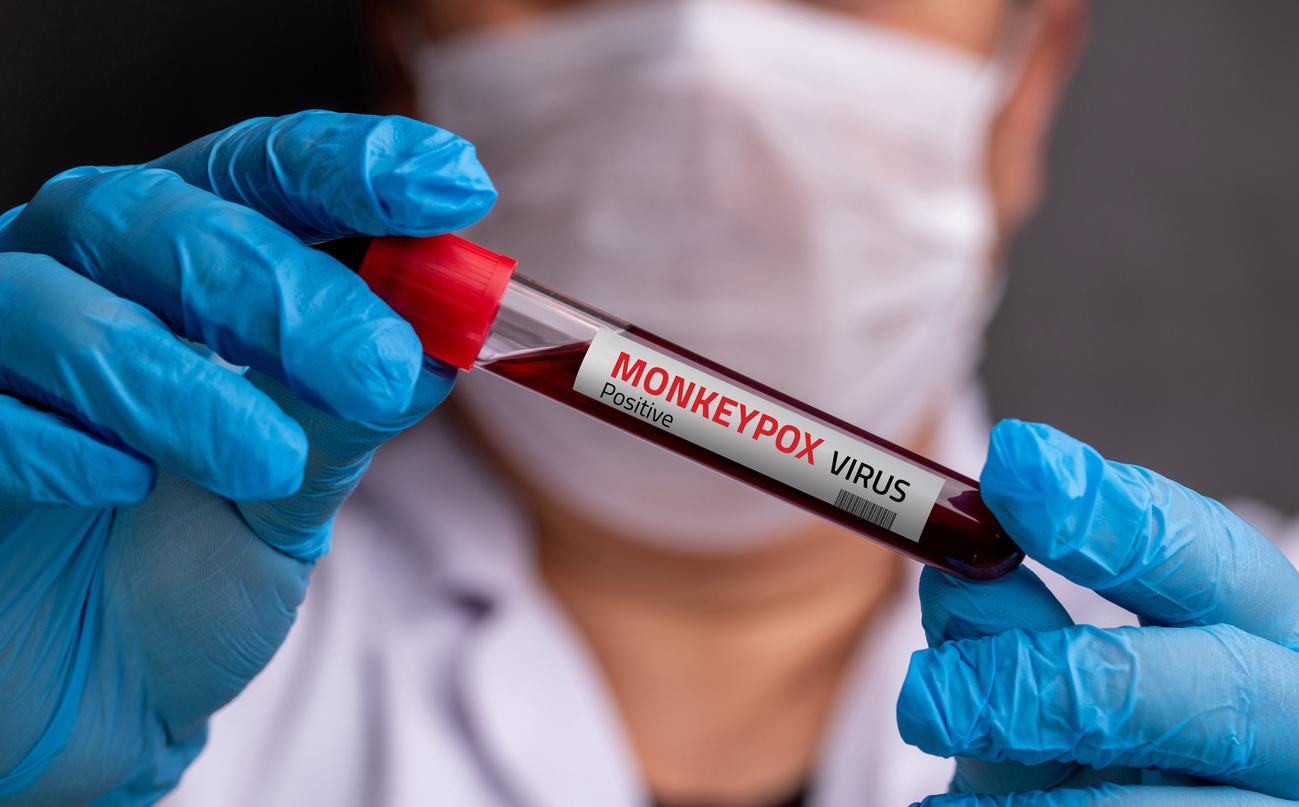In the Democratic Republic of Congo, the government has reported 11,166 suspected cases of monkeypox due to a new, more deadly strain of the monkeypox virus spreading across the territory.

- Since last September, a new strain of Clade I, called “Clade Ib”, which is more deadly, has been spreading in the Democratic Republic of Congo.
- Today, the government reports 11,166 suspected cases of monkeypox, including 450 deaths, a case fatality rate of 4%.
- Rosamund Lewis, a monkeypox expert at the WHO, warned of the risk of the virus crossing borders.
On July 11, World Health Organization (WHO) had warned that monkeypox remained “a threat to global health.” At the time, she said she was particularly concerned about the spread of the new, more deadly strain of Clade I in the Democratic Republic of Congo. The variant in question is called “Clade Ib.” The latter, which has been circulating in the country since September, is transmitted sexually and “so far exclusively person to person”said Rosamund Lewis, a monkeypox expert at WHO.
Monkeypox: 11,166 suspected cases and 450 deaths in the DRC
While Tedros Adhanom Ghebreyesus, Director-General of the WHO, had reported that this epidemic was not showing “no signs of slowing down” in the Democratic Republic of Congo, government spokesmanPatrick Muyaya, announced on July 21 that the cumulative number of suspected cases of monkeypox stood at 11,166, including 450 deaths, representing a case fatality rate of 4%. This is “an exponential increase in the number of cases.” According to a report from the country’s health ministry, the western province of Equateur was the worst affected. The study also listed a series of measures taken by Congolese authorities to combat the disease, including: “medical care, contact tracing with respective health zones (and) promotion of community-based surveillance.”
“A risk that the virus crosses borders”
“There is a risk that the virus will cross borders, that it will continue to move, because the borders are very porous with neighboring countries”warned Rosamund Lewis. So far, South Africa has recorded 20 cases of monkeypox, including three deaths. “The Mpox virus is not going away anytime soon. We live in an interconnected world, and the spread of this virus can therefore continue. This is a phenomenon that requires close monitoring,” warned Maria Van Kerkhove, head of epidemic and pandemic preparedness at WHO.
As a reminder, the Monkeypox virus was first discovered in humans in 1970 in the Democratic Republic of Congo, which was called Zaire at the time, with the spread of the Clade I subtype. Since then, it has been mainly limited to certain countries in West and Central Africa. Historically, most patients have been contaminated by infected animals.

















